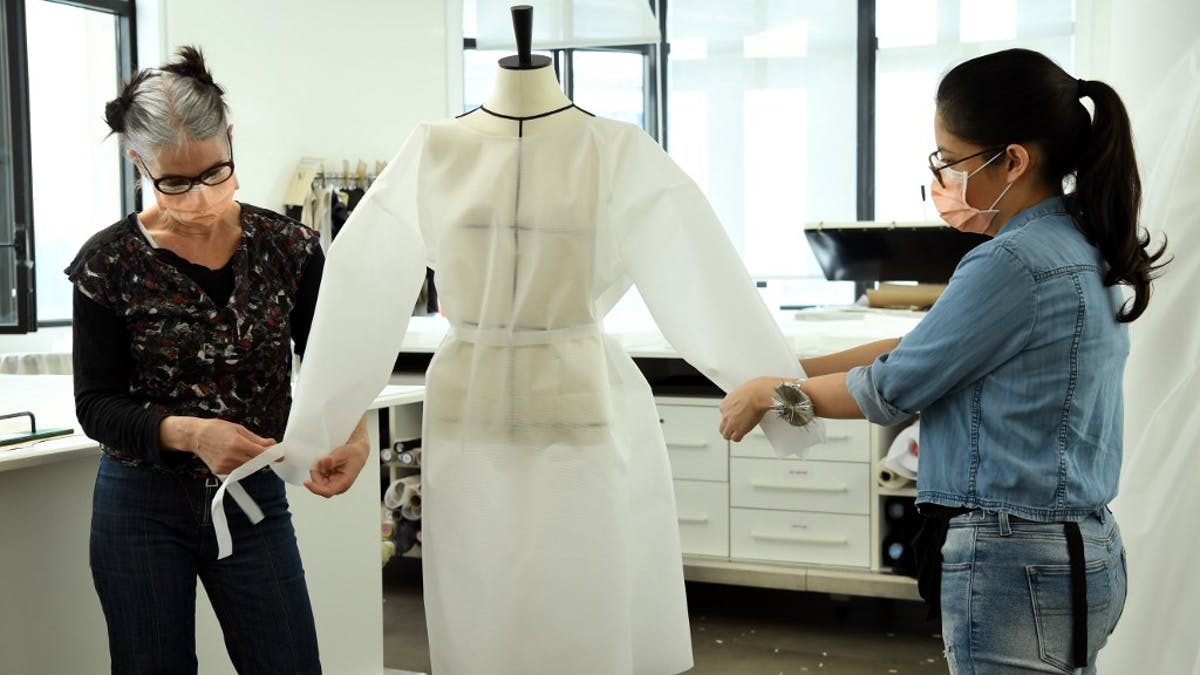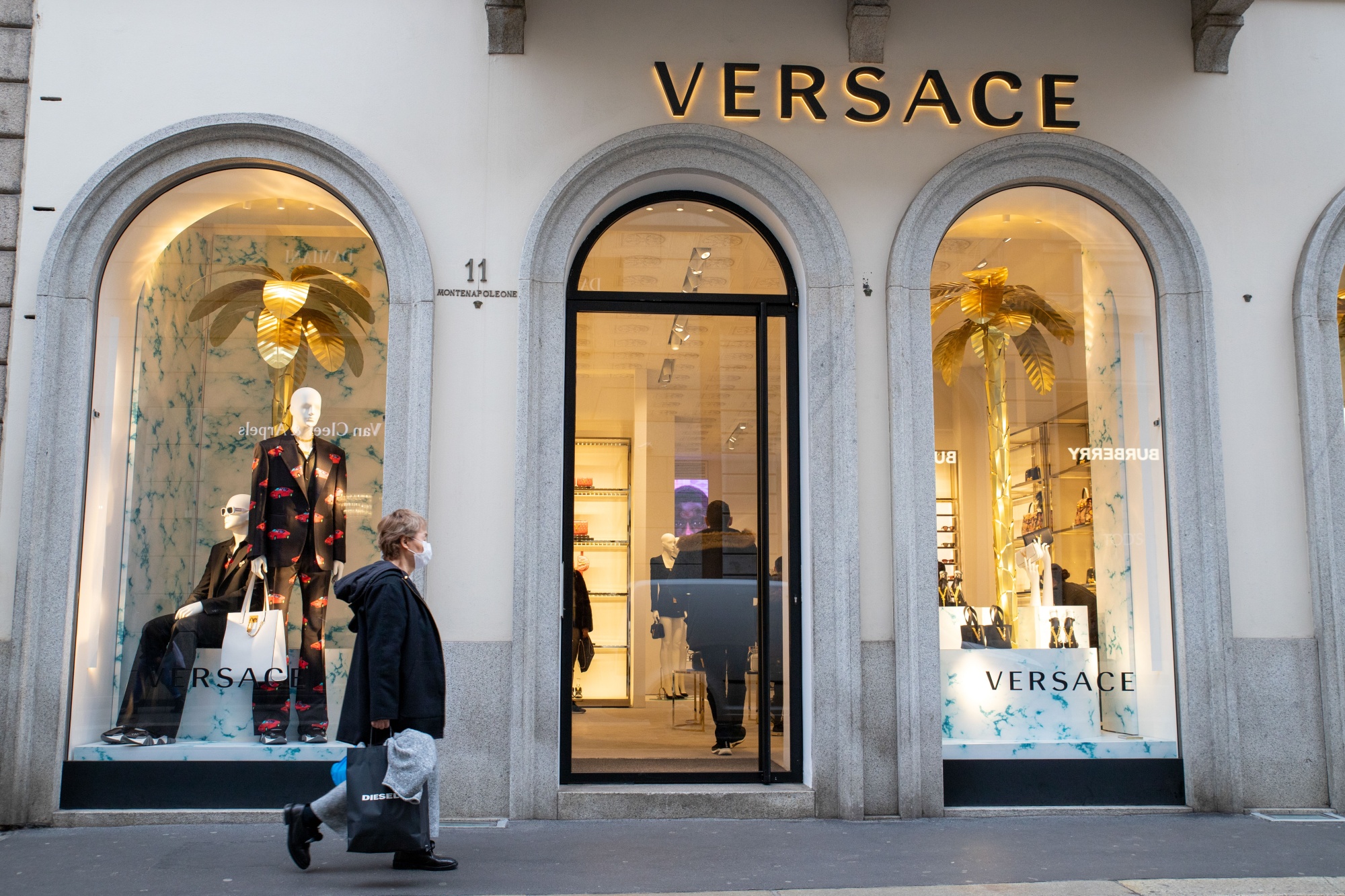Table of Contents

London Fashion Week Goes Digital
May 14, 2020

Chloé
May 25, 2020
The coronavirus crisis has been a tsunami for many industries and services, but particularly for the fashion industry. Most people were locked down for close to 2 months, and many of them have started to shift their purchasing priorities. Asia, first affected by the pandemic, has seen significant declines in sales, with China leading the negative trend. Almost all luxury brands in China have closed stores or reduced working hours, which is having a negative impact on their business model. Luxury brand executives we interviewed said that the spread of the virus, after an exceptionally positive start in January, reflected the decline in sales in the second half of last year. However, according to a recent survey of more than 1,000 consumers in Asia, consumers have returned in droves since the luxury stores reopened. Chinese consumers had made more than 150 million overseas trips in 2018, and the virus has the potential to discourage them from visiting foreign countries and damage local consumer confidence. The luxury sector appeals to global consumers, and consumers who make luxury purchases in their home country generate 20-30% of the industry’s revenue. It is estimated that about 10 to 15 percent, or $1.5 to $2 billion, of global luxury sales, are made up of purchases outside mainland China. Asian shoppers are also buying luxury goods abroad to take advantage of lower prices in Europe as shopping has become an integral part of the travel experience. Buying luxury brands from their country of origin is associated with a feeling of authenticity and enthusiasm.
This important driver of luxury spending has stalled due to all recent travel restrictions, but even after the restrictions are lifted we expect a significant increase in spending on luxury fashion in the coming months. We expect COVID-19 to have an impact on the luxury category as consumers make up for lost time and start rewarding themselves. As a result, if strict quarantine rules are relaxed and people return to work, we will see once again a growing appetite for luxury brands. While lavish spending is likely to come in the form of cash, not everyone will buy Hermes bags. For non-essential items, a quarter (26%) say that their shopping habits have declined, while 18% have bought fewer cosmetics and luxury goods online since the closure. Half (53%) admit they spend less on fashion because “it won’t happen.”

The data shows that 46.1 per cent of consumers are more likely to shop online than in stores for fear of a coronavirus outbreak. At the same time, 64.65 per cent said they were less likely to buy personal care products such as cosmetics online at that time. When asked about their loyalty to a brand, 52% of all consumers said they would feel greater loyalty if the brand communicated effectively and showed how it helped people back then. While concept stores take visitors on a journey of discovery, often introducing them to new and exciting product ideas, consumers are looking for cheaper alternatives. Couttigane says: “Showrooming will probably be an endemic problem. The New York-based company, whose clothing was famously touted by Michelle Obama, was one of several major retailers that suffered from the pandemic, which forced stores to close. The difficulty has always been the same: to have enough sales to support the profitability of the store, but it has become more difficult since Covid-19 ushered in a new era, “he says. In the wake of the coronavirus crisis that has ravaged retail, the first national retailer to file for bankruptcy Neimann Marcus became the second-largest retailer in the US behind Macy’s. Analysts and rating agencies say the COVID-19 pandemic has created catastrophic financial conditions for the sector.
Last week, Morgan Stanley analysts found that total retail trade in the US fell by 9.1%, clothing trade by 3.9% and luxury goods trade by 14.7%. While they expect the final numbers to be worse and support containment, many retailers have voluntarily closed their stores or reduced trading hours in the expectation that this is just the beginning of a panic virus. The short-term impact means an increased shift away from discretionary purchases, which is likely to affect consumer spending, as consumers focus on buying everyday necessities and core components.
The whole retail business, but especially the luxury industry will need to show how they supported people (healthcare and essential jobs) during the pandemic, and be very innovative, caring and with a greater sense of purpose and values if they want to lure back customers in drove to their showrooms both physical and virtual.


